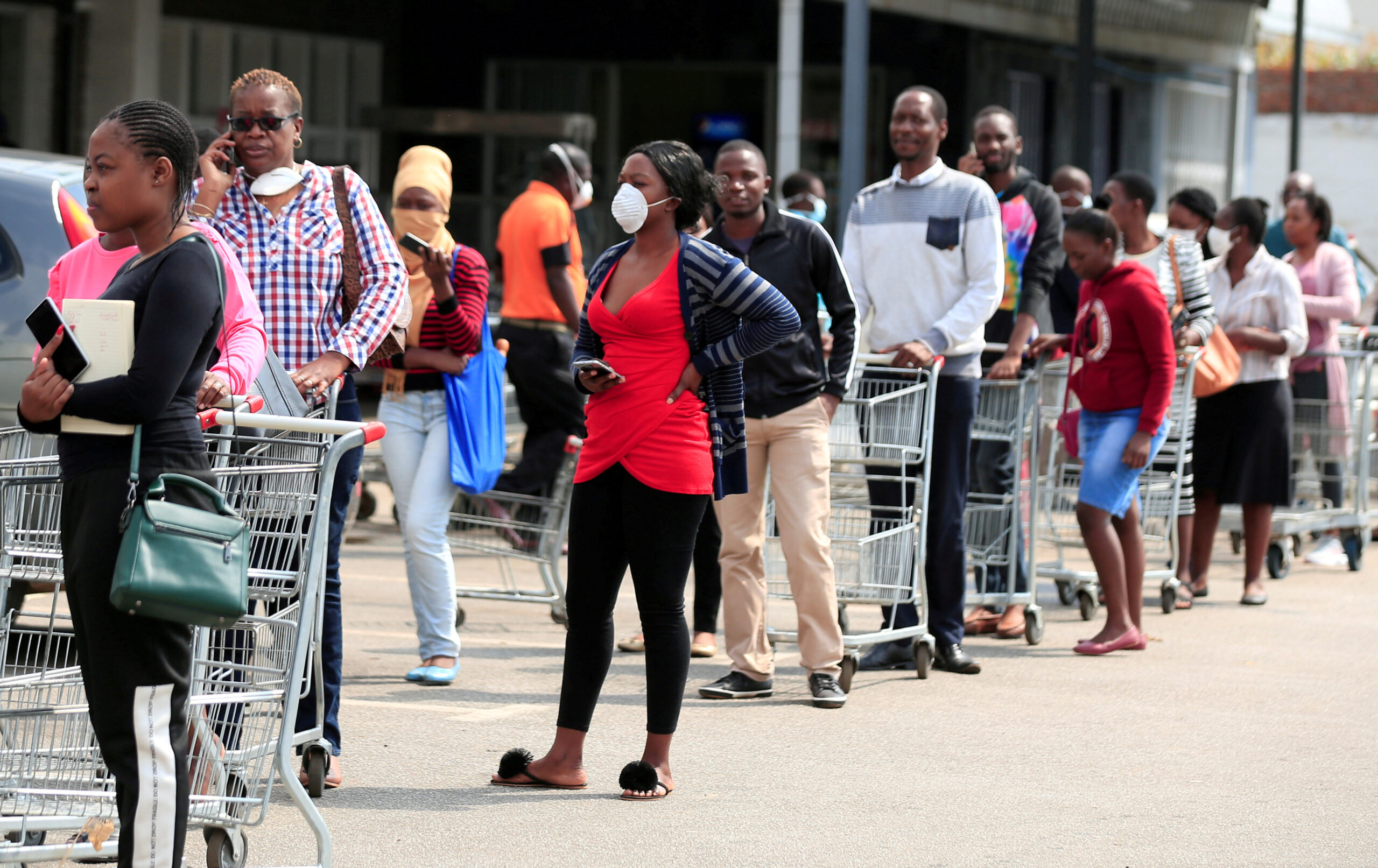
EU releases $75 million aid package for Zimbabwe

The European Union released a $75 million (€68.36 million) aid package for Zimbabwe to help the nation in its battle to combat the COVID-19 pandemic.
More than half of the amount ($40 million) was released through the Health Development Fund of the United Nations Children’s Education Fund (UNICEF) while the EU’s Commissioner for International Partnerships, Jutta Urpilainen, pledged $35 million.
Facing its worst economic crisis in a decade, Zimbabwe is grappling with soaring inflation and shortages of food, foreign currency and medicines that has crippled its hospitals.
The country’s public health sector is also in a crisis having been hit by a number of strikes last year due to demands for better pay and working conditions. The sector, already buckling under the pressure of dealing with the coronavirus pandemic, also has to contend with a spike in malaria cases.
“In the wake of the Covid-19 pandemic, we have released an additional US$40 million to the HDF, on top of previous support of 126 million Euros (about US$138 million). This money will mainly support, through our implementing partner UNICEF, the Government’s effort in the fight against Covid-19,” EU Ambassador to Zimbabwe Timo Olkkonen told local media outlet The Sunday Mail.
According to Olkkonen, $15 million has already been allocated for equipment, mass awareness campaigns and financial support to frontline staff.
He pledged that the EU will continue to support Zimbabwe and build relations between the two entities.
“In addition, we have requested our other partners, ranging from international and local NGOs to EU-funded civil society organisations and the Spotlight Initiative implemented through the UN systems, to re-route some of their activities and EU funding towards the Covid-19 response,” Olkkonen added.
Zimbabwe has been under EU sanctions since 2002 but in recent years there has been an improvement in relations and the primary measures that remain are an arms embargo on the Zimbabwe Defence Industries.






